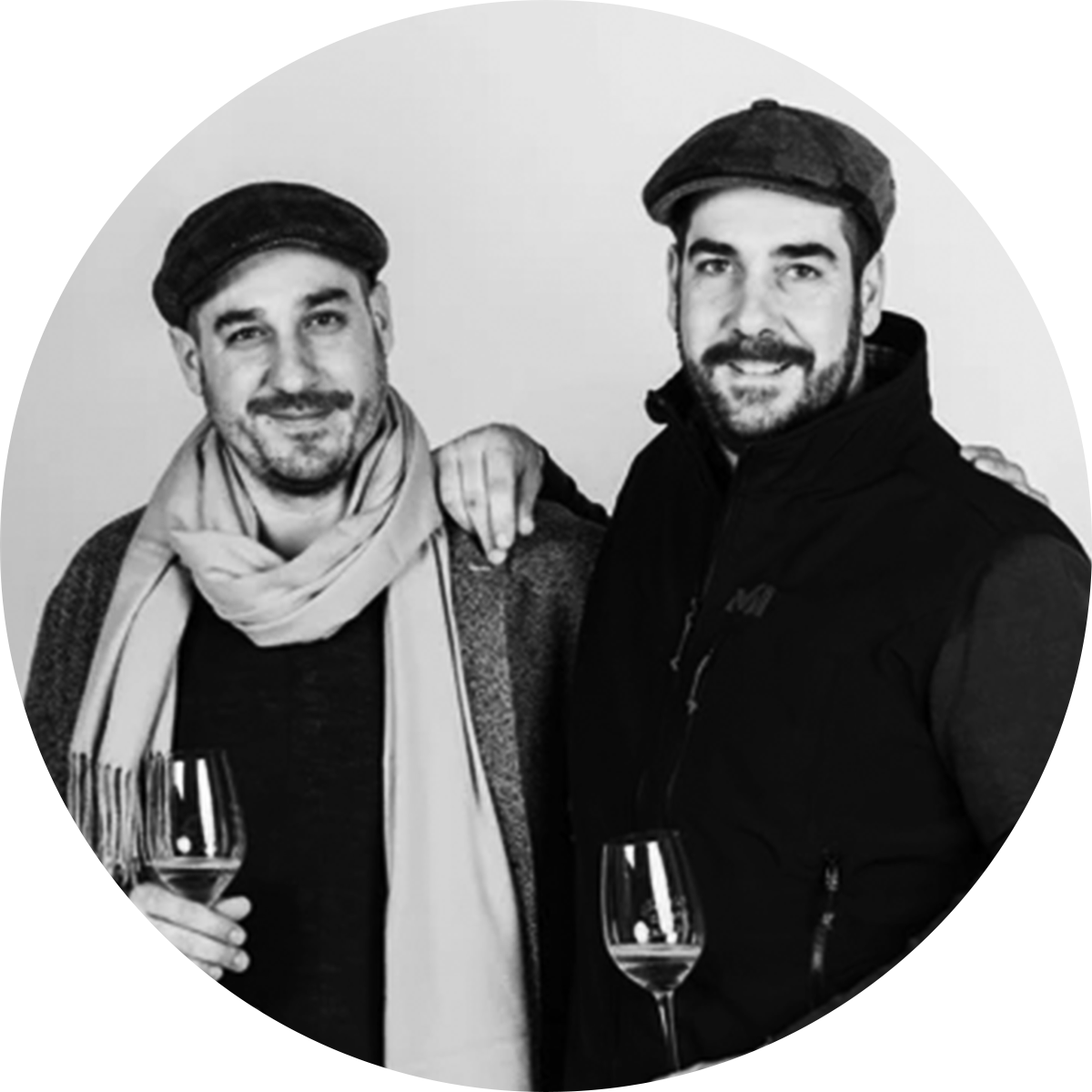DOMAINE DANJOU-BANESSY
BENOIT & SÉBASTIEN DANJOU-BANESSY
Roussillon, France
Located in French Catalonia, just north of Perpignan, near the confluence of the Spanish border and the Mediterranean, Danjou-Banessy is a 17-hectare old family Estate which has been a part of the Danjou-Banessy family heritage for generations.
Today brothers Benoit and Sébastien manage the Domaine, being the first generation of the family to introduce still, dry wines (until 2001 the production focused on fortified and dry Rancio wines). The wine production is certified organic with biodynamic and non-interventionist practices. In order to keep the characteristic of each plot, they vinify the wines separately, using wild yeasts and no additions to the wines.
MORE OF DOMAINE DANJOU-BANESSY
-
Example product title
Regular price HK$19.99Regular priceUnit price / per -
Example product title
Regular price HK$19.99Regular priceUnit price / per -
Example product title
Regular price HK$19.99Regular priceUnit price / per -
Example product title
Regular price HK$19.99Regular priceUnit price / per
BACKGROUND OF NATURAL WINE IN LANGUEDOC-ROUSSILLON
Nestled in the sun-drenched landscapes of southern France, the Languedoc-Roussillon wine region is one of the largest and most diverse wine-producing areas in the world. Renowned for its Mediterranean climate, varied terroir, and historic winemaking traditions, it boasts an extensive range of wine styles, from robust reds and aromatic whites to elegant rosés. Popular grape varieties cultivated in the region include Carignan, Grenache, Syrah, Mourvèdre, and Viognier, among others.
Organic, Biodynamic and Natural wine. What’s the difference?
To understand this concept and its various ramifications, it is necessary to keep something clear in mind: before the 20th century and the spreading of affordable synthetic fertilisers, all farming was organic. When the shift to the use of synthetics and pesticides happened, it became necessary to diversify traditional organic farming from the new modern farming.
ORGANIC WINE
Simply put, organic farming forbids the use of synthetic fertilisers, synthetic pesticides, herbicides, or genetically modified organisms. The basic requirements are generally specific and engage the farmers not to use any chemical fertilisers and other synthetic products in the vineyard. It does not prevent the vintner from using the conventional winemaking process after harvesting.
BIODYNAMIC WINE
Let’s take organic farming one step further: Biodynamic. The creator of this agricultural system is the Austrian philosopher Rudolf Steiner, who developed the principles of biodynamics in a series of lectures given in 1924 in Germany. Here lies the foundation of true organic wines, with a strict limit in the use of additives, stringent requirements and at the end obtaining a biodynamic certification.
NATURAL WINE
The previous definitions are usually, and rightfully, associated with it, because most natural wine is also organic and/or biodynamic. But not vice versa!
Natural wine is wine in its purest form, simply described as nothing added, nothing taken away, just grapes fermented. No manipulation whatsoever, minimal intervention both in the vineyards and in the winery. Healthy grapes, natural yeast and natural fermentation, with no filtration nor fining. Sounds easy, right? However, making natural wine is unforgiving and it requires a bigger amount of work than conventional wine. To this day, natural wine has no certification yet.





